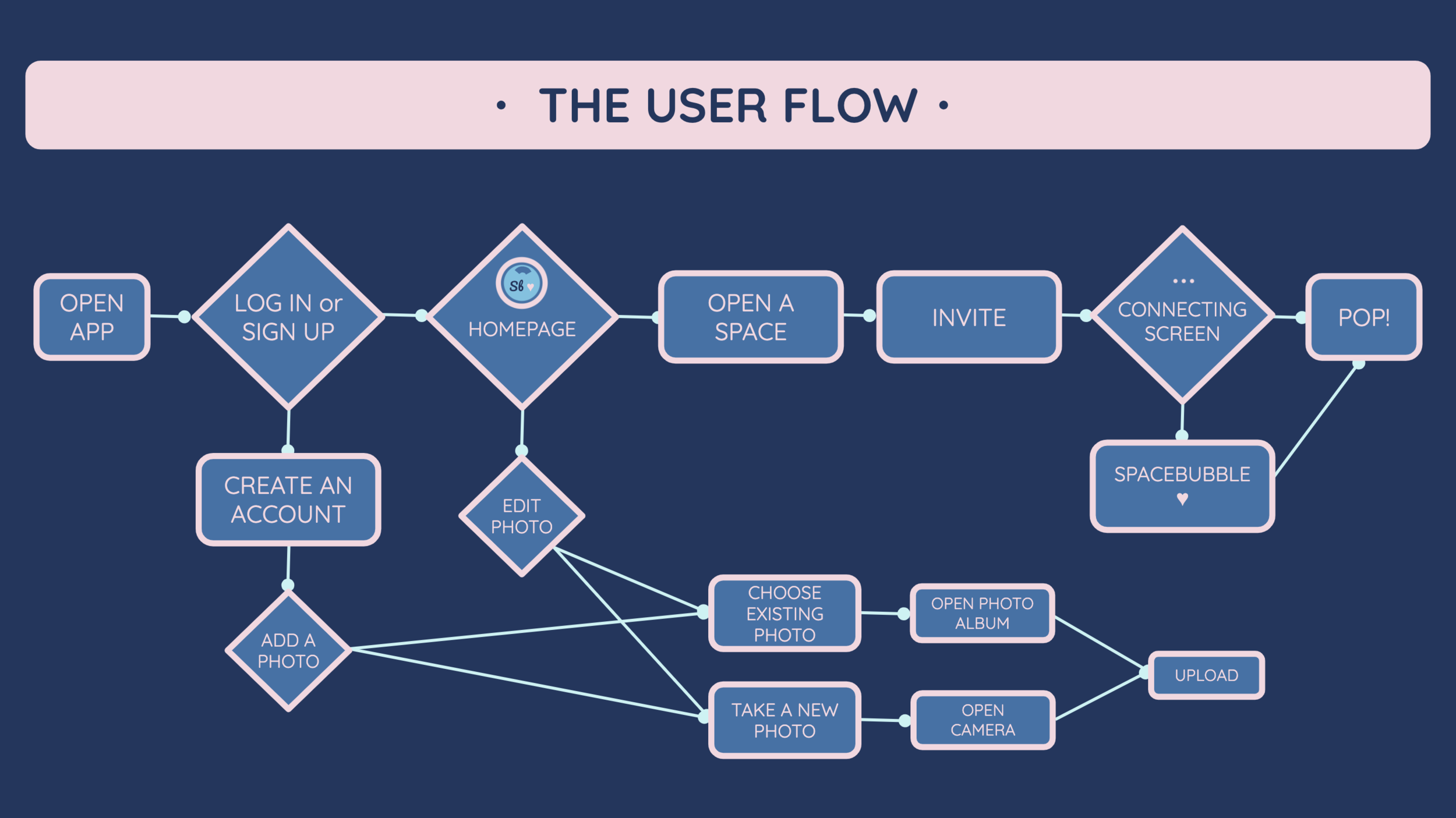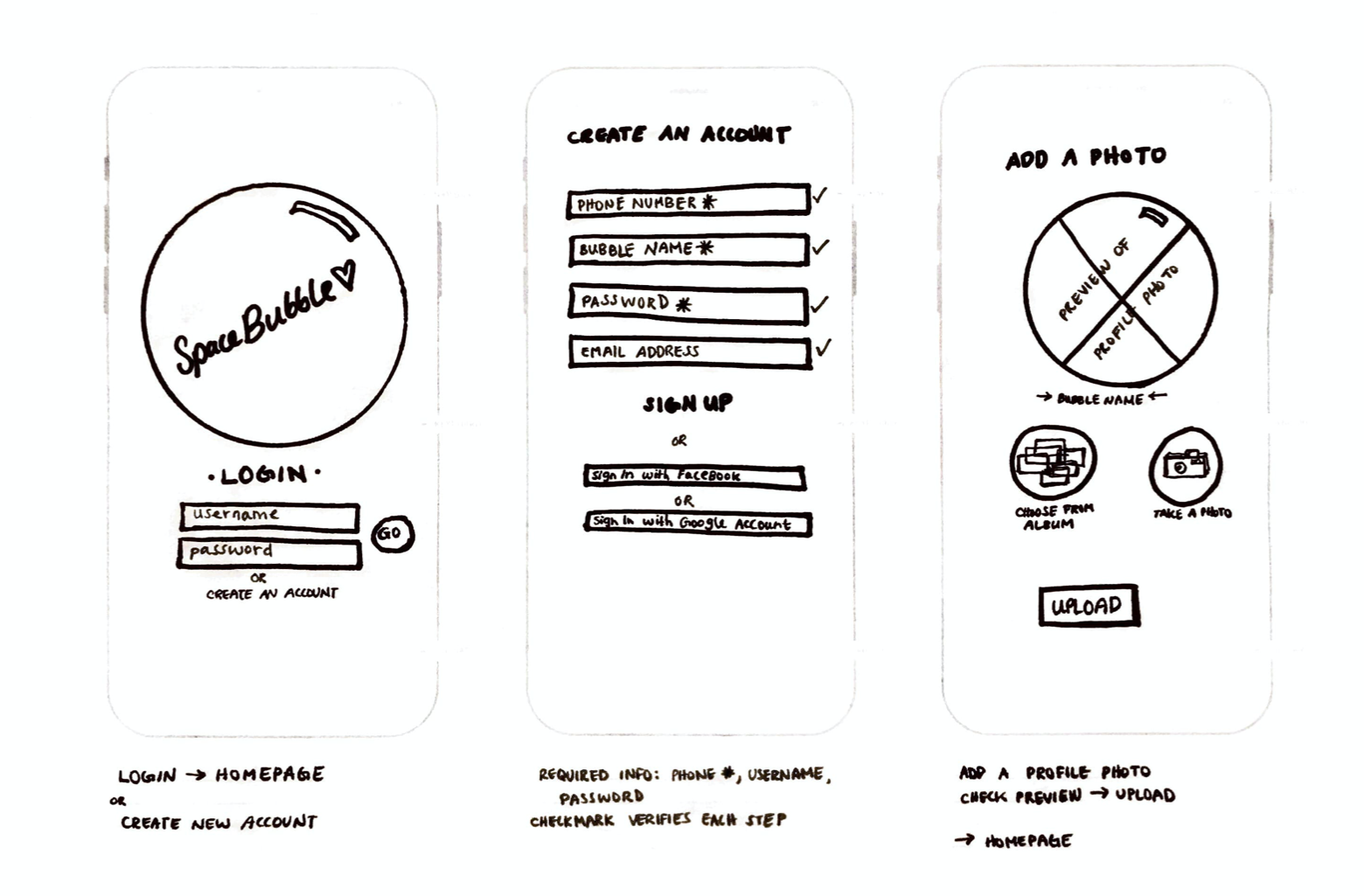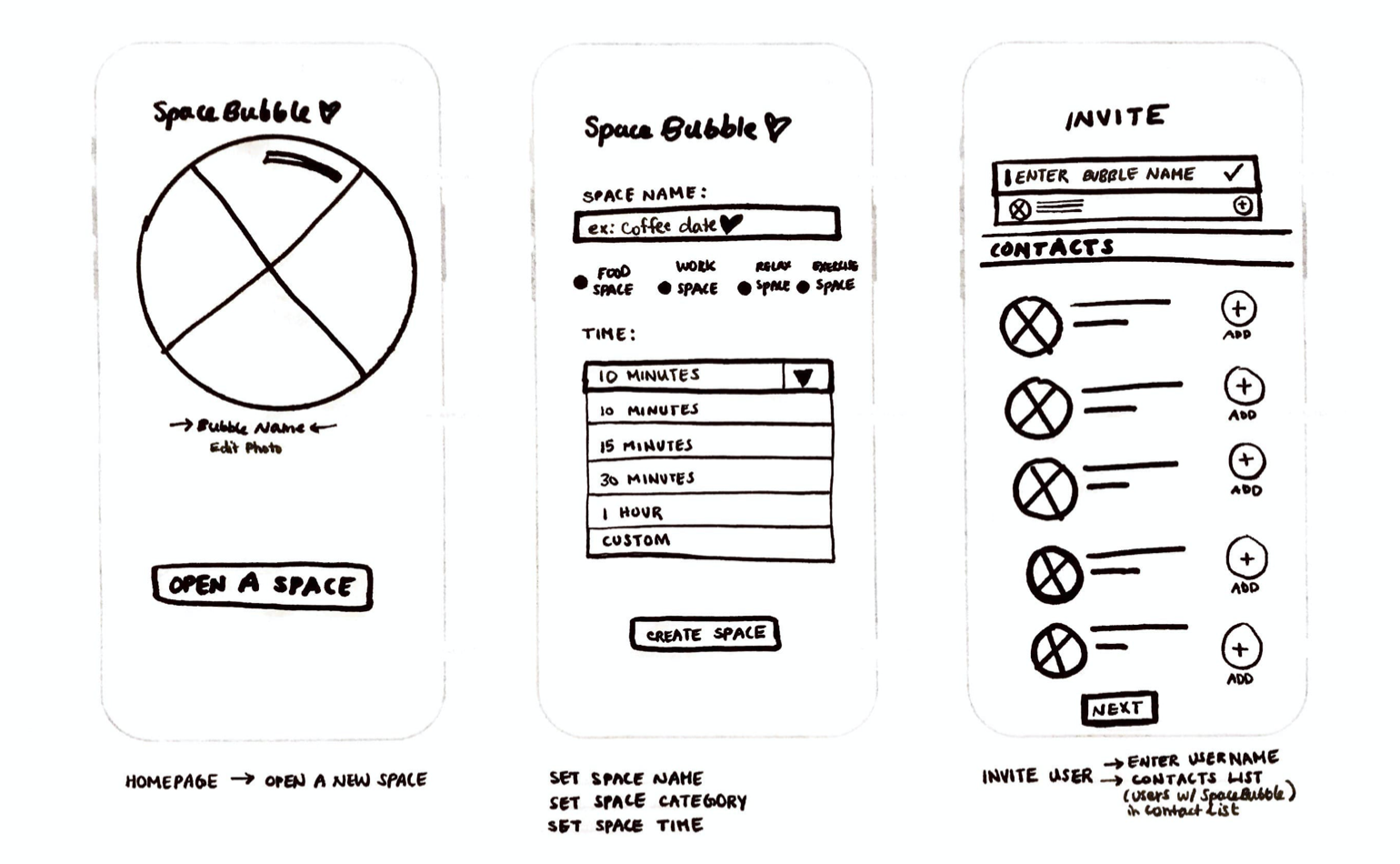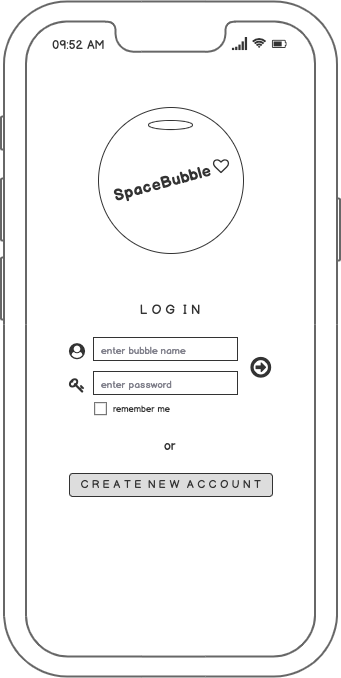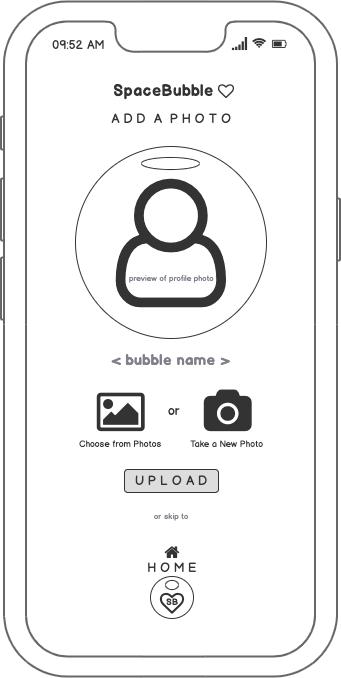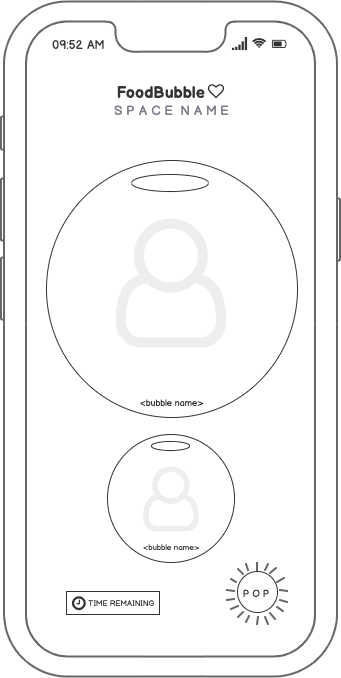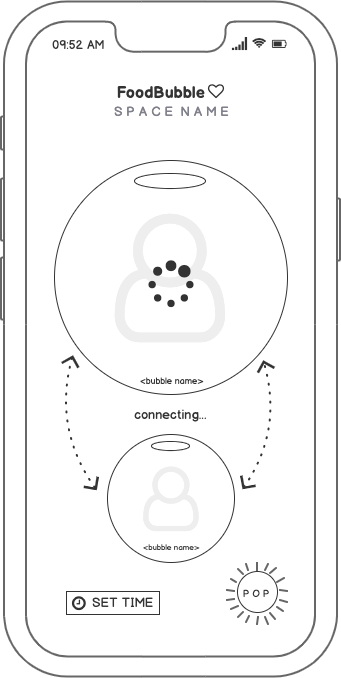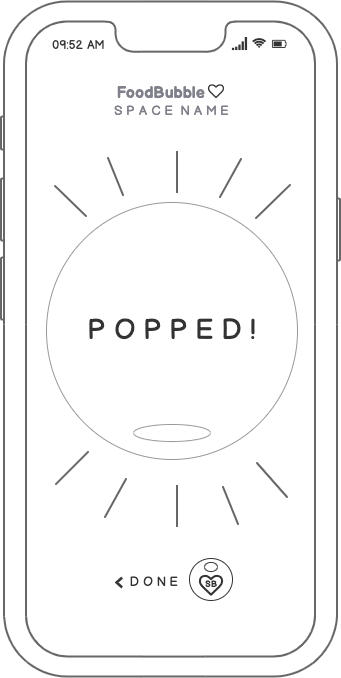SpaceBubble
Designing a solution for social isolation & low productivity during pandemics
Background & Context
The novel coronavirus disease 2019 (COVID-19), unlike any other crisis this generation has faced, is a public health emergency of international concern that has shaken the world to its core with its rapid spread.
The global expansion of this disease has led the media and various other sources to provide mixed information unleashing panic and confusion around the current situation. As the spread of any disease escalates to a pandemic, the rise in mental health concerns become an additional risk. These looming consequences of the pandemic have already begun to impact everyone all around the world in sudden and unforeseen ways.
COVID-19 is all around us in some way or another. It’s almost impossible to get through your day without encountering some form of news or conversation around the pandemic and its consequences have restricted the lives of people all over the world. As much as we would like to continue living our lives as normally as possible, unexpected changes are bound to come up in order to maintain the safety of our community as a whole.
Currently, the major efforts around preventing the spread of COVID-19 attempt to “flatten the curve,” meaning to slow down the number of new cases. Public health experts and organizations have required quarantines for patients diagnosed with COVID-19 and have strongly urged the general public to practice good hygiene and social distancing. As a result, many people have started feeling isolated and anxious about the drastic changes in their lives, which can have an immense impact on the long-term mental health of society.
The Problem & Objective
Client Objective: Doctory.pk, a service that aims to make healthcare more accessible through technology, set a goal to create a platform that addresses mental health concerns during pandemics
Problem Statement: Users fear isolation, lack of productivity, and the absence of 1:1 human interactions due to the escalating consequences of COVID-19 and global social distancing precautionary measures
Goal: By creating a mobile app that allows users to open their own personal “Space Bubble” to video call directly with another user and participate in a designated activity together for a set amount of time, users will continue to foster healthy personal relationships while also maintaining a productive routine
Project Timeframe: 10 Days
Research & Synthesis
User Interviews — Primary Research
Gather qualitative data and insight into mental health and pandemics
With the chaos surrounding the pandemic, I needed to uncover how users were responding to the rapid progression of the situation. I decided to focus on figuring out how users cope with stress & anxiety in general as well as what they feel about the public reaction to COVID-19.
User Interview Questions:
* Describe the last time you felt stressed and how you dealt with it.
* What activities make you feel calm or safe?
* How do you deal with unexpected changes?
* What are your perceptions of the public reaction to the current pandemic?
* In what ways have your daily routines/activities changed due to COVID-19?
Going into user interviews, I expected the main concerns of the public to center around the anxiety caused by the threat to physical health or misinformation triggering panic. However, I discovered that most users feared the consequences of preventing its spread much more than the potential health risks associated with the pandemic.
Affinity Mapping
Organize user interview data and identify common trends/themes
User Quotations:
Users thought their productivity levels would deteriorate as a result of having to stay at home, because they would lose their sense of routine:
“I know I’m just going to sleep or Netflix & chill all day”
Users expressed concern around not having the ability to see people in-person along with cancelled daily routine activities and future plans:
“I’ll miss going to spin classes with my best friends”
Users worried they would have no human interaction if they remain stuck at home all day:
“I hate working from home, because I always feel so isolated”
Main Themes:
Isolation — users feel isolated or at least sense the fear of isolation due to social distancing measures
Productivity — users worry about not spending their time in a constructive or fulfilling way while staying home
Human Interaction — users will miss in-person interactions with people face-to-face
Audience: Users who want to maintain healthy routines & relationships during a time of social distancing or quarantine
Quarantined users: COVID-19 patients who tested positive and need to isolate themselves
Users who work-from-home — various workplaces and classrooms decided to take precautionary social distancing measures
Users with cancelled plans around participating in a social activity
Users who want to keep themselves accountable and maintain a daily routing while stuck at home (i.e. they can continue to virtually workout with friends, have lunch with work BFFs, do face-masks with closest friends, have coffee dates with significant other, etc.)
Users who want to keep in touch with people they care about, but can’t see in person
User Scenario
Rapid Prototyping & Usability Testing
Concept sketches: user flows, wire flows (paper prototype), & clickable prototype
User Flow:
→ set up your own personal bubble username and photo
→ open a new space: set intention (ex: FoodSpace, WorkSpace, ExerciseSpace, RelaxSpace) & timer
→ invite another bubble to join the space
→ enjoy your personalized SpaceBubble ♥
→ SpaceBubble ♥ “pops” automatically when time ends
Paper Prototype
Opening screen → Log In/Create a New Account
Open a Space → Personalize Space (Select Activity & Set Time/Customize)
Connecting Screen → SpaceBubble ♥ → End Video Call (Popped! Screen)
User Feedback & Design Iterations
+ Navigation arrows: added distinct links for users to easily navigate through the flow
+ Easier access to homepage: added a homepage link and logo to most screens for users to quickly navigate
+ Logout option: made sure to place the logout button in a strategic location, so users don’t accidentally click it while navigating through the flow
— Mixed user feedback around add/extend timer option → made the design decision to not add the option for the initial prototype in order to maximize user efficiency. The choice to add/extend time could hinder productivity
The Design Solution
Evaluate design decisions to fit the growing needs of a rapidly evolving situation
Key Features:
Create virtual 1:1 personal spaces for designated activity
Video calling
Set Timer
Haptic Feedback
SpaceBubble ♥ stands out as a video-calling app due to the combination of its key features, which make virtual social interactions more personalized and efficient. The opportunity for users to create a space with another bubble user makes it easy to connect one-on-one virtually. Only having the option to video call motivates users to look and feel presentable, so they can maintain a self-care routine, especially during times of social distancing when it’s easy to just “bum around.” Choosing a designated activity or intention behind the video call allows for both users to use their virtual time together productively. For example, if a user is working from home and has just 30 minutes to eat lunch and they don’t want to eat alone, they can share a FoodSpace “pizza date” with their best friend. Setting a timer for the video call ensures that users don’t lose track of time and takes away any social stigma or pressure around having to hang-up on someone. The haptic feedback responses create the closest simulation of human touch or reaction during the video calls.
Instead of allowing social distancing to alienate us from each other, we must think of it as practicing physical-distancing, while still maintaining healthy connections to protect ourselves from the toxicity of isolation. SpaceBubble ♥ provides users with a platform that makes preserving social contact seamless and maintaining productivity a priority.
Next Steps…
New Features:
Users can send emotions/reactions with haptic and visual effects during calls (ex: send virtual hugs, high-fives, kisses, etc.)
More personalization features that allow users to add background photos to create a more realistic vibe of the specific space (ex: add photo of cafe in background during a coffee date in a FoodSpace)
Schedule future SpaceBubbles
Add/extend time
Add more users to the SpaceBubbles (group video call)
Add audio call option
Add “bubble wrap” → pop bubbles while you talk as a calming or stress-relieving activity
Potential for Dating App
Random matching for users to connect with other bubbles to allow them to step out of their comfort zone while still remaining in their “bubble” → It’s hard to meet new people if you don’t leave your house, so this feature would allow users to do so
“Love in the Time of Corona”
Speed-dating opportunity on the platform
Conclusion
Over the course of this 10-day project, the rapid progression of the pandemic continued to influence the final design of the product. Restaurants and cafes had to shutdown, companies made the transition to remote work, schools started online classes, travel plans were cancelled, and people eventually became quarantined in their own homes. COVID-19 shifted global practices of how people interact in the world from physical to virtual. With the uncertainty around what the future holds for humanity, the only hope we can salvage in this crisis remains in finding solidarity.
In order to prevent a “loneliness epidemic” that results from the current pandemic, SpaceBubble ♥ can facilitate more virtual social interactions in an efficient manner for those worried about losing touch or productivity not just in times of pandemic or social distancing, but also if they are on a time crunch or have social anxieties. There is potential for the product to pursue opportunities in the virtual-reality world by simulating activity atmospheres during video calls. The future of SpaceBubble ♥ holds many possibilities to thrive as a social, productivity, or virtual-reality platform in a world that is making its eventual transition to a world heavily reliant on cyberspace for human interactions.



